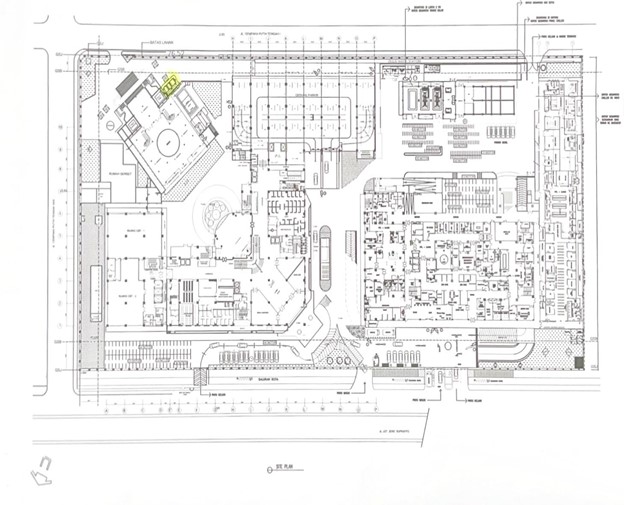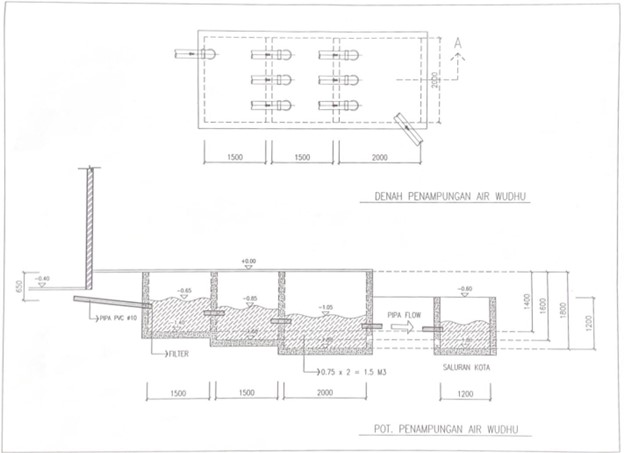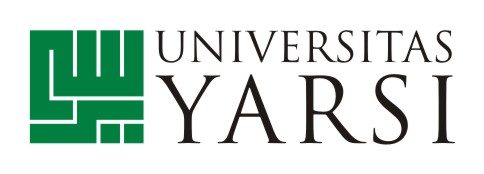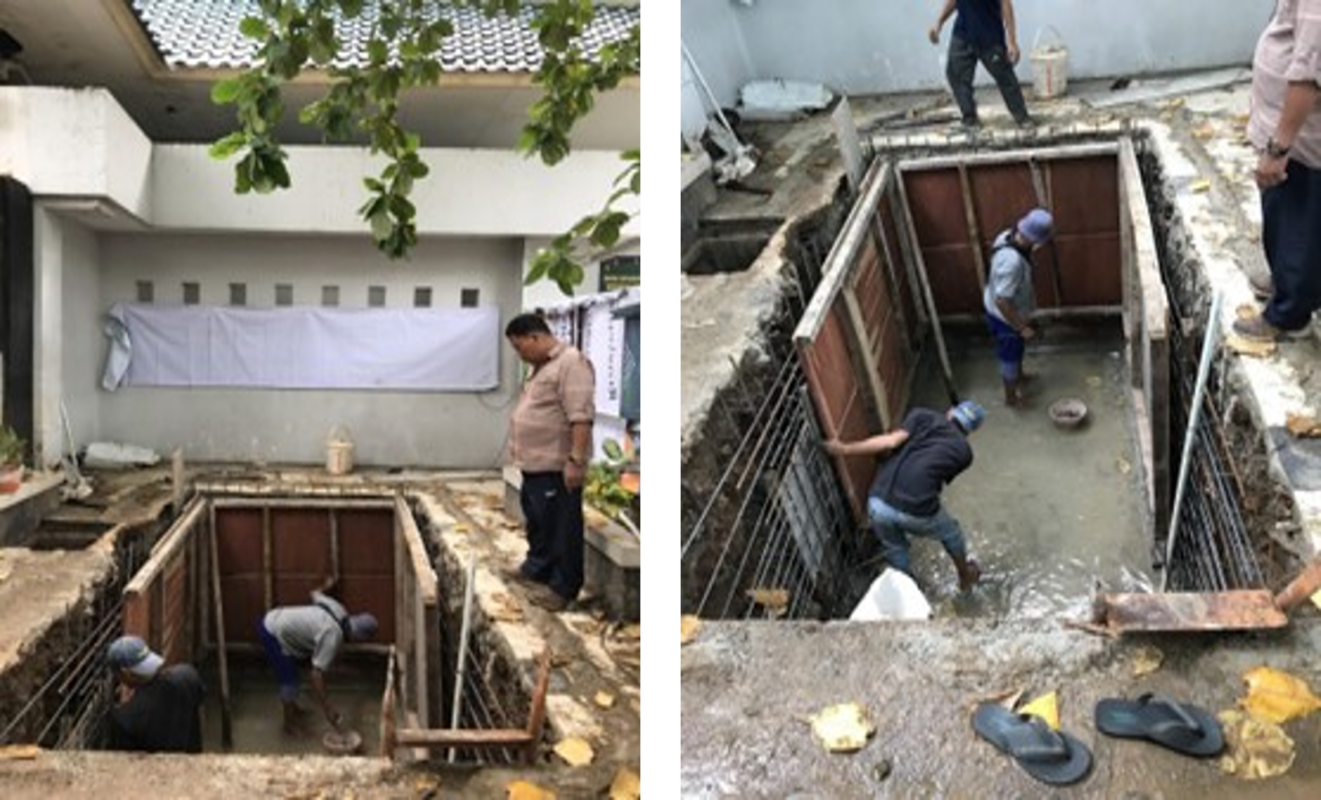YARSI University’s decision to implement a wudhu recycling system for plant irrigation is a commendable step in wastewater management. Masjid Jami YARSI’s establishment of a wudhu wastewater storage system is a significant initiative to prevent the waste of used wudhu water. This system repurposes wudhu water, typically discarded into drainage systems, for plant irrigation. The project began on July 29 and is still ongoing, with no set completion date. Its primary goal is to create a sustainable and environmentally friendly approach to water management by utilizing wudhu wastewater as a valuable resource.

This initiative aligns with Sustainable Development Goal (SDG) 6, which focuses on “Clean Water and Sanitation.” The project promotes the sustainable management of water resources by efficiently repurposing wastewater, reducing waste, and improving water management practices. The Wudhu wastewater storage system contributes to achieving universal access to clean water and adequate sanitation while supporting environmental conservation efforts. Three main components form the system’s framework, filtering the water before its irrigation use. This filtration process is crucial to ensure that the water is safe and free from contaminants that could harm the plants
 .
.


